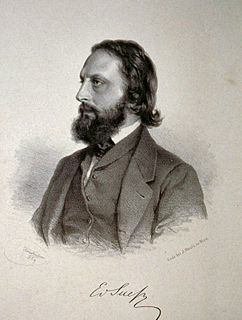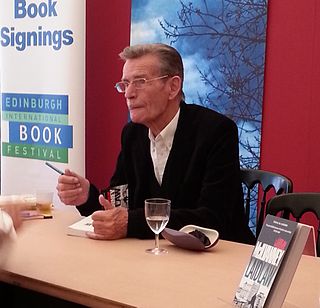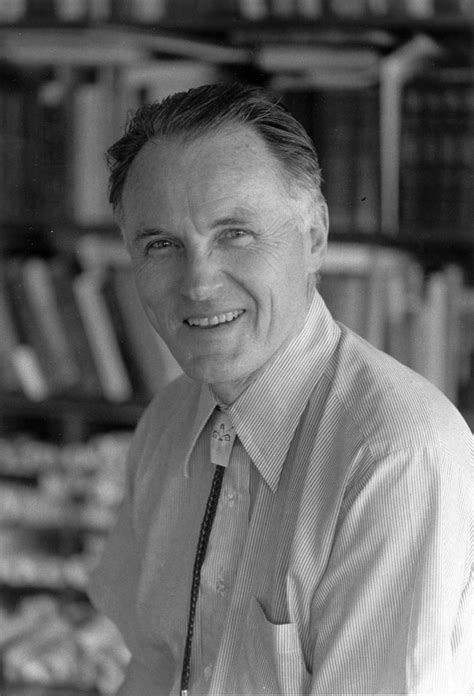A Quote by Arthur Helps
A great and frequent error in our judgment of human nature is to suppose that those sentiments and feelings have no existence, which may be only for a time concealed. The precious metals are not found at the surface of the earth, except in sandy places.
Related Quotes
The only thing that one really knows about human nature is that it changes. Change is the one quality we can predicate of it. The systems that fail are those that rely on the permanency of human nature, and not on its growth and development. The error of Louis XIV was that he thought human nature would always be the same. The result of his error was the French Revolution. It was an admirable result.
The breaking up of the terrestrial globe, this it is we witness. It doubtless began a long time ago, and the brevity of human life enables us to contemplate it without dismay. It is not only in the great mountain ranges that the traces of this process are found. Great segments of the earth's crust have sunk hundreds, in some cases, even thousands, of feet deep, and not the slightest inequality of the surface remains to indicate the fracture; the different nature of the rocks and the discoveries made in mining alone reveal its presence. Time has levelled all.
The human understanding is of its own nature prone to suppose the existence of more order and regularity in the world than it finds. And though there be many things in nature which are singular and unmatched, yet it devises for them parallels and conjugates and relatives which do not exist. Hence the fiction that all celestial bodies move in perfect circles, spirals and dragons being (except in name) utterly rejected.
We are so vain as to set the highest value upon those things to which nature has assigned the lowest place. What can be more coarse and rude in the mind than the precious metals, or more slavish and dirty than the people that dig and work them? And yet they defile our minds more than our bodies, and make the possessor fouler than the artificer of them. Rich men, in fine, are only the greater slaves.
Time, which measures everything in our idea, and is often deficient to our schemes, is to nature endless and as nothing; it cannot limit that by which alone it had existence; and as the natural course of time, which to us seems infinite, cannot be bounded by any operation that may have an end, the progress of things upon this globe, that is, the course of nature, cannot be limited by time, which must proceed in a continual succession.
What actions are the most excellent? Those, certainly, which most powerfully appeal to the great primary human affections: to those elementary feelings which subsist permanently in the race, and which are independent of time. These feelings are permanent and the same; that which interests them is permanent and the same also.
To encounter the sacred is to be alive at the deepest center of human existence. Sacred places are the truest definitions of the earth; they stand for the earth immediately and forever; they are its flags and shields. If you would know the earth for what it really is, learn it through its sacred places. At Devil’s Tower or Canyon de Chelly or the Cahokia Mounds, you touch the pulse of the living planet; you feel its breath upon you. You become one with a spirit that pervades geologic time and space.
The rich and luxurious may claim an exclusive right to those pleasures which are capable of being purchased by pelf, in which the mind has no enjoyment, and which only afford a temporary relief to languor by steeping the senses in forgetfulness; but in the precious pleasures of the intellect, so easily accessible by all mankind, the great have no exclusive privilege; for such enjoyments are only to be procured by our own industry.
Criticism is a study by which men grow important and formidable at very small expense. The power of invention has been conferred by nature upon few, and the labour of learning those sciences which may, by mere labour, be obtained, is too great to be willingly endured; but every man can exert some judgment as he has upon the works of others; and he whom nature has made weak, and idleness keeps ignorant, may yet support his vanity by the name of critic.







































